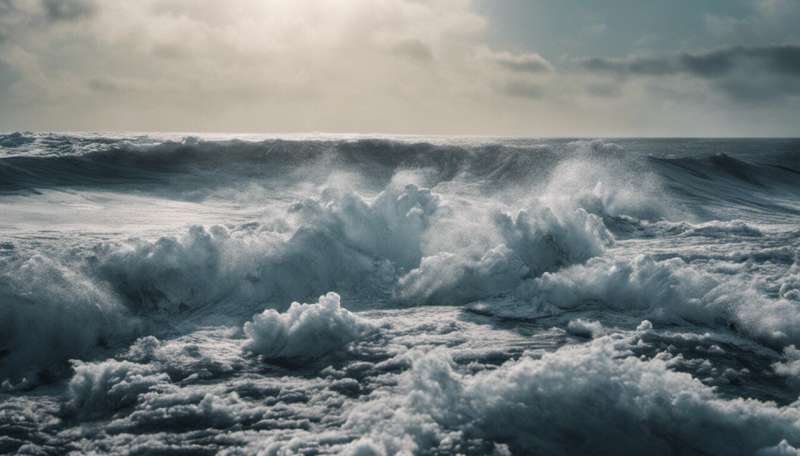
In late July, a study published in Nature Communications warned that a critical ocean system that brings warm water up the North Atlantic, also known as the Atlantic Meridional Overturning Circulation (AMOC), was at risk of collapse by 2095 for want of drastic emissions cuts.
While AMOC was already known to be at its slowest in 1,600 years, the latest research ushers in a much closer time estimation for a collapse between 2025 and 2095, with a central estimate of 2057. If proven correct, this scenario could see temperatures drop by 5 to 10˚C in Europe, with devastating consequences for life as we know it. The Conversation sat down with physicist Peter Ditlevsen and his sister, the statistician Susanne Ditlevsen, to unpack findings that have stirred controversy in some quarters.
Let’s say the AMOC collapsed in 2057. What would this look like in concrete terms in Europe?
Peter Ditlevsen: If you look at it from a climate perspective, the collapse would probably be very rapid, which means it would shut down in a number of decades.
So, it’s not like you have an ice age in two weeks. The Northern Atlantic region and Europe, in particular, would cool substantially. England would probably look like Northern Canada. On top of that, we have global warming.
The heat from the Pacific ocean that would not be transported to the North Atlantic would end up staying in the tropics. This is part of a completely different system, namely the El Niño system, which has strong implications for the warming that we’re seeing now. We currently have an El Niño building up in North Africa.
Susanne Ditlevsen: What we must bear in mind here is that whatever we discuss is highly uncertain. The extent to which temperatures will vary is highly uncertain – some say five degrees, some say 10 degrees, some say more storms etc. But I think the takeaway message is that the implications would be devastating in terms of our ability to carry on living the way we do now, and to continue having agriculture in different places. You would probably have to change everything. And there would be densely populated places where one simply cannot live.